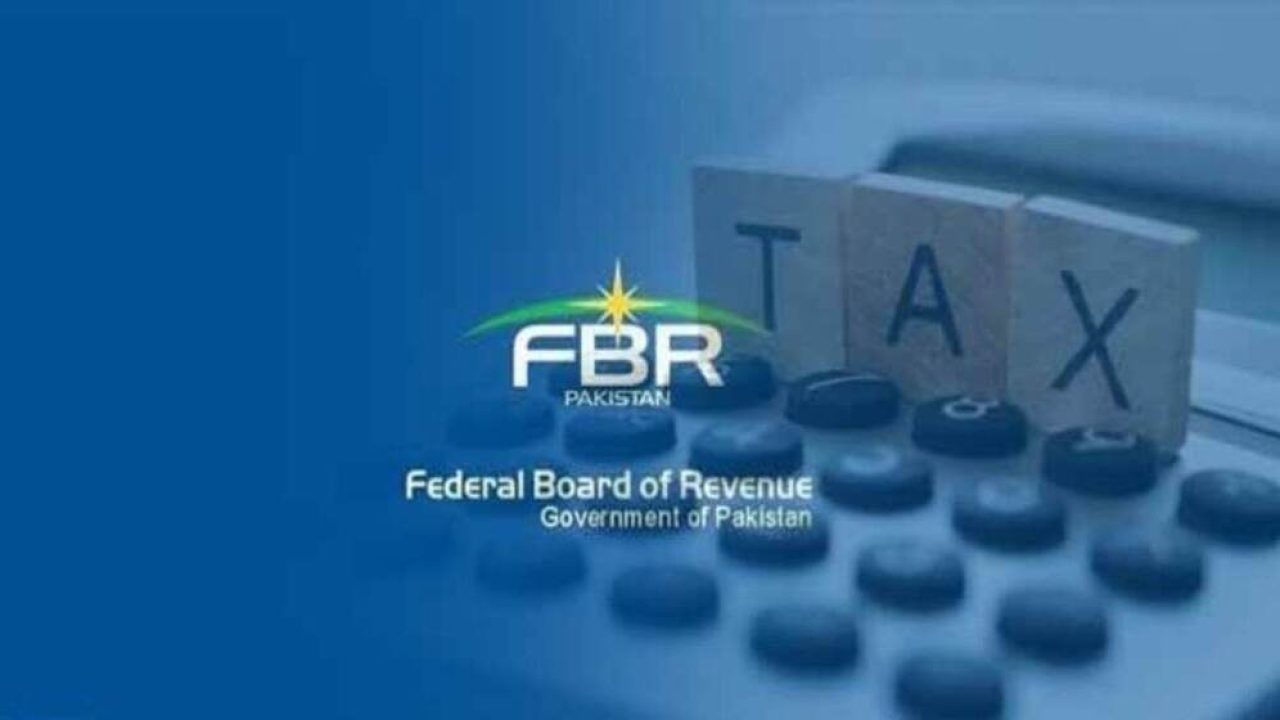The Islamabad High Court (IHC) recently delivered a significant verdict in favor of the Pakistan Telecommunication Authority (PTA), marking the culmination of a protracted legal dispute with the Federal Board of Revenue (FBR).
This case revolved around the improper deduction of an additional Rs1.37 billion in advance tax from PTA’s accounts, a decision taken by the FBR without following due legal protocols.
Justice Babar Sattar presided over the matter and issued a detailed judgment that upheld PTA’s petition against these deductions.
Legal Background of the Dispute
The dispute traces its roots to 2018 when the FBR deducted Rs1.37 billion as advance tax from the PTA’s accounts. According to PTA, this deduction was made without issuing prior notice, as required under the Income Tax Ordinance.
This lack of communication and failure to adhere to established procedures prompted PTA to challenge the deduction in court.
The primary legal contention was that the FBR’s actions violated the taxpayer’s rights by circumventing the fundamental requirement of notification. Justice Sattar’s ruling highlighted this procedural lapse and underscored the importance of adhering to the principles of due process in tax administration.
Key Points of the IHC Judgment
Violation of Due Process
Justice Sattar noted that the FBR’s actions amounted to a direct breach of PTA’s fundamental rights. The court observed that the Income Tax Ordinance mandates prior notification before any tax deduction, a step the FBR failed to execute. This procedural oversight not only undermined PTA’s rights but also set a concerning precedent for other taxpayers.
Imposition of Fine
In a rare move, the court imposed a Rs100,000 fine on the deputy commissioner of Inland Revenue for their role in the matter. This penalty, to be paid to PTA within a month, serves as a stern reminder to tax officials about the repercussions of disregarding legal protocols.
Timely Resolution Mandate
The IHC directed the FBR to resolve PTA’s pending application regarding the disputed deduction within two months of the verdict. This directive underscores the court’s emphasis on timely and transparent handling of taxpayer grievances.
The ruling highlights the critical need for accountability in tax administration. By penalizing the deputy commissioner, the court has set a precedent that arbitrary and non-transparent actions by tax authorities will not be tolerated.
This case reinforces the importance of safeguarding taxpayer rights. The requirement for prior notification before tax deductions ensures that taxpayers are informed and have the opportunity to contest any discrepancies.
The IHC’s judgment serves as a reminder of the legal protections available to taxpayers against arbitrary actions.
The court’s directive to resolve PTA’s application within a specified timeframe emphasizes the importance of adhering to legal timelines. This not only streamlines the resolution process but also builds trust between taxpayers and tax authorities.
The IHC’s ruling has far-reaching implications for businesses operating in Pakistan. By advocating for due process and transparency, the judgment provides a framework for resolving tax disputes in a fair and equitable manner. This is particularly significant for entities like PTA, which play a crucial role in the country’s telecommunications sector.
Businesses can draw several lessons from this case:
- Importance of Vigilance: Companies must remain vigilant about their tax obligations and actively monitor any deductions or actions taken by tax authorities.
- Legal Recourse: Organizations should be aware of their legal rights and pursue appropriate channels to address grievances.
- Compliance with Legal Protocols: The case underscores the need for businesses to maintain compliance with tax laws while holding authorities accountable for their actions.
What the Future Holds
The IHC’s judgment sets a strong precedent for future cases involving tax disputes. By prioritizing transparency, accountability, and adherence to legal procedures, the ruling is likely to influence how tax authorities approach similar matters in the future.
For PTA, this victory not only resolves the immediate financial burden but also strengthens its position in future interactions with tax authorities. For the FBR, the judgment serves as a wake-up call to reform its practices and ensure compliance with legal standards.
The Islamabad High Court’s ruling in favor of PTA marks a watershed moment in the realm of tax administration in Pakistan. By upholding taxpayer rights and emphasizing due process, the court has set a benchmark for transparency and accountability in governance.

